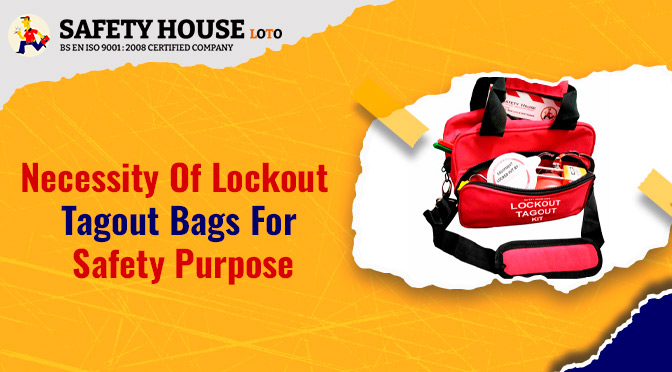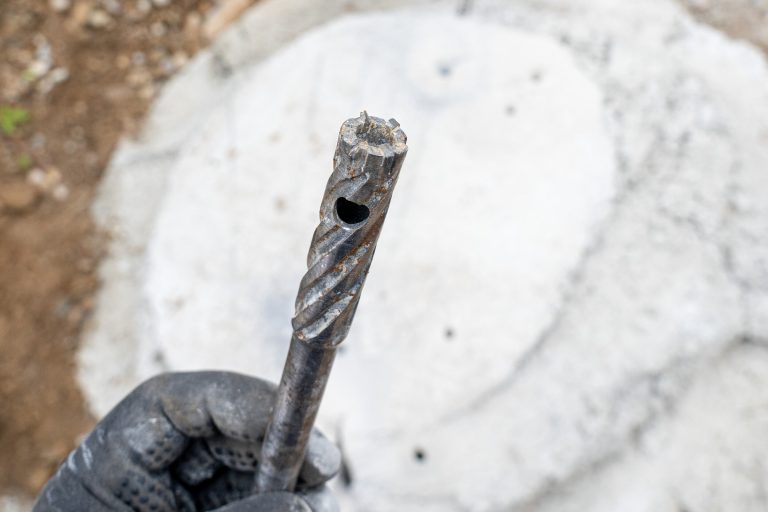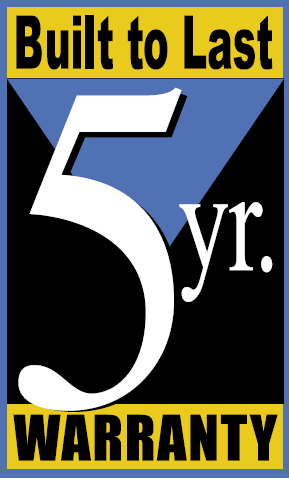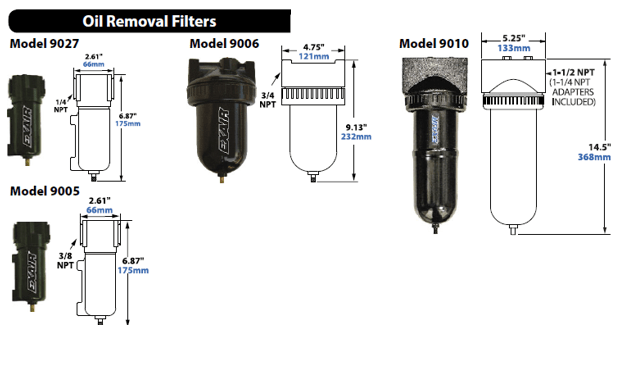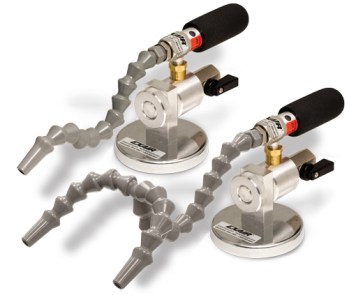Trailer Manufacturing Industry
Personal Protective Equipment
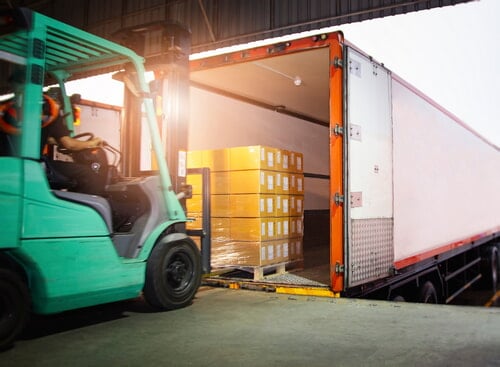
Trailer Manufacturing Industry
People have been using trailers to transport larger loads for ages – from before horse and wagon times to the present day, where we have large box trailers, flat beds and even smaller trailers towed behind pickup trucks. Trailers tow our food, large equipment, boats, automobiles and more. Companies in the trailer manufacturing industry make truck, automobile and utility trailers; truck trailers chassis; motor vehicle bodies and cabs; and detachable trailer bodies and trailer chassis.
Sub-Industries in the Trailer Manufacturing Industry
The trailer manufacturing industry has four sub-industries:
- The motor vehicle body manufacturing sub-industry builds bus and truck bodies, cabs, and automobile bodies, including ambulance bodies, wreckers, and school buses.
- Truck trailer manufacturers build boat trailers, dump trailers, flatbed trailers, logging trailers, refrigerated trailers and tank trailers. They also manufacture truck trailers and truck trailer chassis, detachable trailer bodies and cargo container chassis.
- The motorhome manufacturing sub-industry builds motorhomes and van conversions, including Class A and Class C motorhomes.
- The travel trailer and camper manufacturing sub-industry builds travel trailers and campers, including pickup truck caps, slide-on campers, light truck trailers, travel trailers, fifth-wheel campers, automobile trailers, tent trailers and utility trailers.
Work Activities in the Trailer Manufacturing Industry
Building trailers often takes a lot of welding, so there are many welders in the industry. Others that work on trailers include electricians, assemblers, machine tool setters, CNC operators and more. Some of the work activities and hazards include:
- Assembling finished products and parts.
- Using hand tools, electric tools and air tools.
- Feeling parts for smooth surfaces.
- Aligning parts.
- Transporting materials.
- Cutting, forming, and shaping metal.
- Fabricating metal parts.
- Lifting heavy materials.
- Fitting and positioning metal parts.
- Using grinding and cutting equipment.
- Painting.
- Cleaning trailers and vehicles to get them ready for coatings.
- Filling holes, adding material, heat treating metal products and other welding activities.
Work Activity Safety Hazards in the Trailer Manufacturing Industry
Trailer manufacturing has many hazards that require personal protective equipment. Abolox carries all of the personal protective equipment you need to minimize injuries while on the job. We carry individual pieces and, for those who provide PPE to their workers, bulk items.
Some of the hazards workers in the trailer manufacturing industry face include the following:
- Cuts and abrasions from inspecting parts or handling metal parts, including fitting the parts. Cut-resistant and abrasion-resistant gloves protect workers’ hands while handling the parts. Abolox also carries puncture-resistant gloves.
- Using tools is often hazardous, even when workers are careful. A tool could slip and cut or puncture a hand. Prying tools could slip and poke an eye out. Using any tool, regardless of the job, especially air tools, require eye protection. Abolox carries safety glasses, goggles and face shields in many colors and styles.
- Working with metal always puts workers at risk for severe cuts. However, cutting, forming and shaping metal increases the risk. You want to protect your hands and your wrists from a piece of metal that slips out of your hands with cut-resistant gloves.
- When fabricating metal parts, workers might work with molten metal and various equipment, depending on the form of the metal. If working with molten metal, you need to protect your body from hot liquid metal spills. < a href=”/safety-coveralls”>Safety coveralls and other safety clothing help minimize the risk of severe and debilitating burns and other injuries.
- Cleaning the product for the final coating or paint involves working with chemicals. Wearing gloves and safety coveralls prevents spilled chemicals from causing chemical burns on your skin.
- Sometimes workplaces are not well-lit. Even those that are might have dark corners near the machines that make it harder for workers to see each other. Wearing hi-vis clothing helps other workers see you and significantly reduces injuries caused by hitting someone with heavy machinery, including forklifts.
- Heat stroke is common in factories that do not have air conditioning. Abolox carries several cooling products to help keep you cool in a hot factory that doesn’t have climate control around the hot presses and metal foundry equipment.
Visit Abolox for Personal Protective Equipment for the Trailer Manufacturing Industry
Abolox carries only known brands that use quality materials for personal protective equipment. When you need to stock up on hi-vis clothing, gloves, cooling products, coveralls and other PPE, we have what you need. And if you don’t see what you need, contact us, and we will source it for you.
